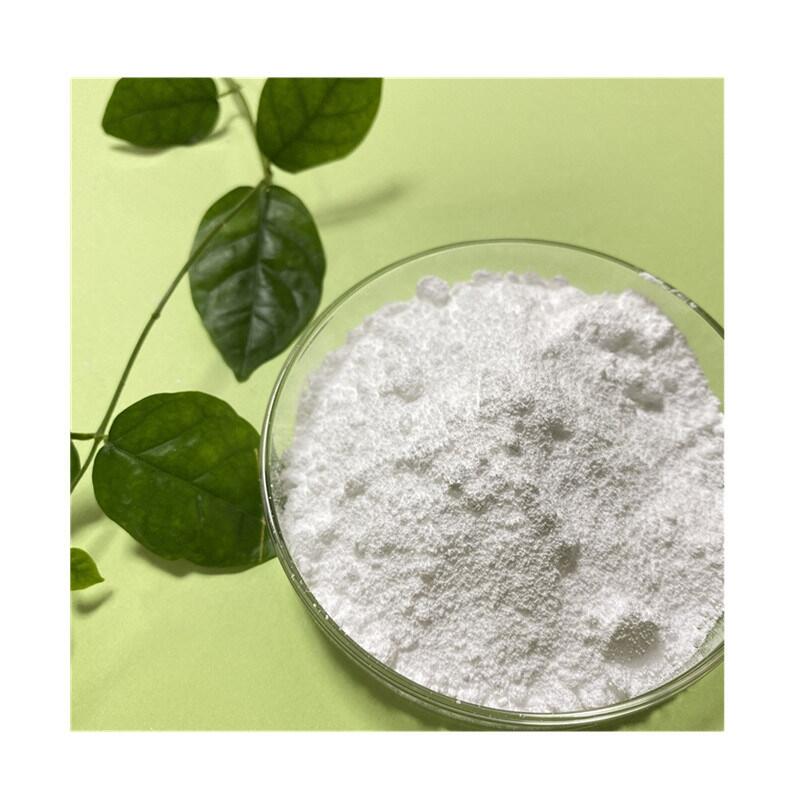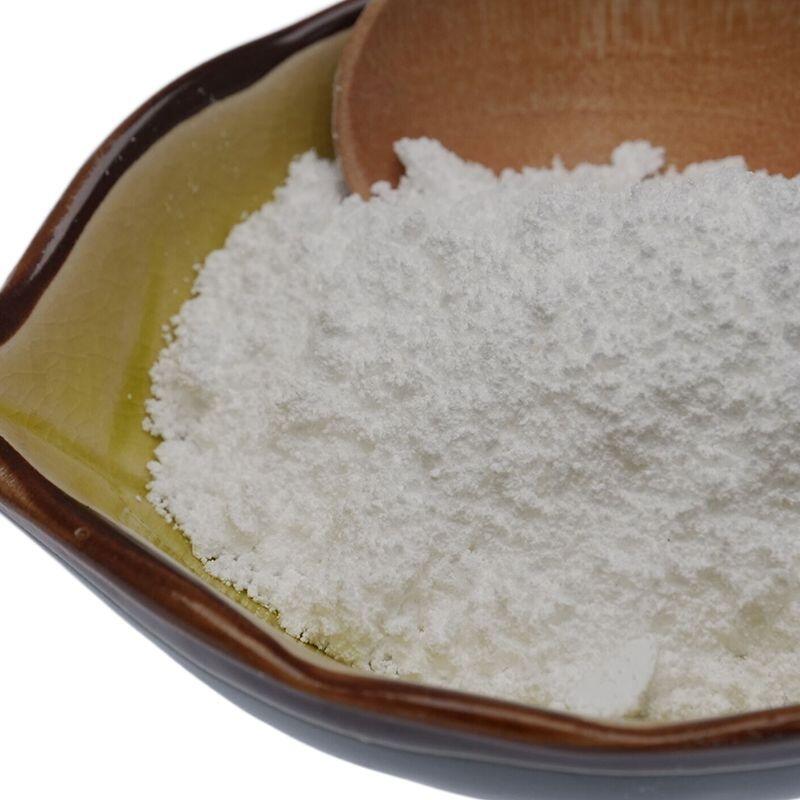-
Categories
-
Pharmaceutical Intermediates
-
Active Pharmaceutical Ingredients
-
Food Additives
- Industrial Coatings
- Agrochemicals
- Dyes and Pigments
- Surfactant
- Flavors and Fragrances
- Chemical Reagents
- Catalyst and Auxiliary
- Natural Products
- Inorganic Chemistry
-
Organic Chemistry
-
Biochemical Engineering
- Analytical Chemistry
-
Cosmetic Ingredient
- Water Treatment Chemical
-
Pharmaceutical Intermediates
Promotion
ECHEMI Mall
Wholesale
Weekly Price
Exhibition
News
-
Trade Service
The increase in body mass index (BMI) is related to the improved response of many types of cancer to immune checkpoint inhibitors (ICI)
.
This study evaluated the correlation between BMI, ICI administration strategy and clinical prognosis
Body mass index (BMI) and a plurality of types of cancer to increase immune reaction checkpoint inhibitor (ICI) relating to improved immunization
Researchers extracted clinical data of cancer patients treated with ICI, including age, gender, cancer type, BMI, ICI type, drug delivery strategy (based on weight or fixation), imaging response, overall survival (OS), and progression-free Lifetime (PFS)
.
Kaplan-Meier curve, Cox regression and Pearson product-moment correlation coefficient were used to compare the clinical results of low-BMI and high-BMI populations
A total of 297 patients were recruited, of which 40% were women, and 59% were overweight (BMI ≥ 25)
.
204 (69%) patients received a fixed-dose ICI treatment, and 93 (31%) patients received a weight-based ICI dosing regimen
PFS and OS grouped by BMI
PFS and OS grouped by BMIIn the entire cohort, overweight BMI was associated with the improvement of PFS (HR 0.
69, p=0.
02) and the trend of OS improvement (HR 0.
77, p=0.
08)
.
For both endpoints, the prognostic improvement of overweight patients was limited to patients who received weight-based ICI dosing regimens (the HR based on weight vs.
Overweight BMI is associated with the improvement of PFS (HR 0.
PFS and OS based on BMI and mode of administration
PFS and OS based on BMI and mode of administrationIn the multivariate analysis, there was no significant correlation between BMI and PFS or OS
.
However, the interaction of BMI ≥ 25 and weight-based treatment was related to OS (HR 0.
The interaction of BMI ≥ 25 and weight-based treatment is related to OS (HR 0.
In summary, compared with weight-based ICI therapy, patients with BMI<25 often have better results with fixed-dose ICI therapy, while patients with BMI≥25 often have better results with weight-based ICI therapy , although These differences did not reach statistical significance
Compared with weight-based ICI therapy, patients with BMI<25 often have better results with fixed-dose ICI therapy, while patients with BMI ≥25 often have better results with weight-based ICI therapy.
Original source:
Ahmed Murtaza,von Itzstein Mitchell S,Sheffield Thomas et al.
Association between body mass index, dosing strategy , and efficacy of immune checkpoint inhibitors in this message






